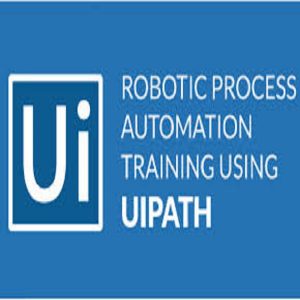What are the system requirements for this course?
The requirement for this course is a system with Intel i3 processor or above, minimum 8GB RAM and 25 GB HDD Storage, Chrome (latest version) / Mozilla with firebug (latest version), Java, Apache Storm and Kafka.
How will I execute the practicals?
For Practical’s, we will help you to install and setup virtual machine with Ubuntu as the client using the Installation Guide. The detailed installation guides are provided in the LMS for setting up the environment and will be addressed during the session. In case you come across any doubt, the 24*7 support team will promptly assist you.
What if I miss a class?
You will never miss a lecture at Edureka! You can choose either of the two options: View the recorded session of the class available in your LMS or You can attend the missed session, in any other live batch.
Will I get placement assistance?
To help you in this endeavor, we have added a resume builder tool in your LMS. Now, you will be able to create a winning resume in just 3 easy steps. You will have unlimited access to use these templates across different roles and designations. All you need to do is, log in to your LMS and click on the “create your resume” option.
Can I attend a demo session before enrollment?
We have limited number of participants in a live session to maintain the Quality Standards. So, unfortunately participation in a live class without enrollment is not possible. However, you can go through the sample class recording and it would give you a clear insight about how are the classes conducted, quality of instructors and the level of interaction in a class.
Who are the instructors?
All the instructors at edureka are practitioners from the Industry with minimum 10-12 yrs of relevant IT experience. They are subject matter experts and are trained by edureka for providing an awesome learning experience to the participants.
What if I have more queries?
Just give us a CALL at +91 8178510474 / +91 9967920486 OR email at admin@certadda.com







